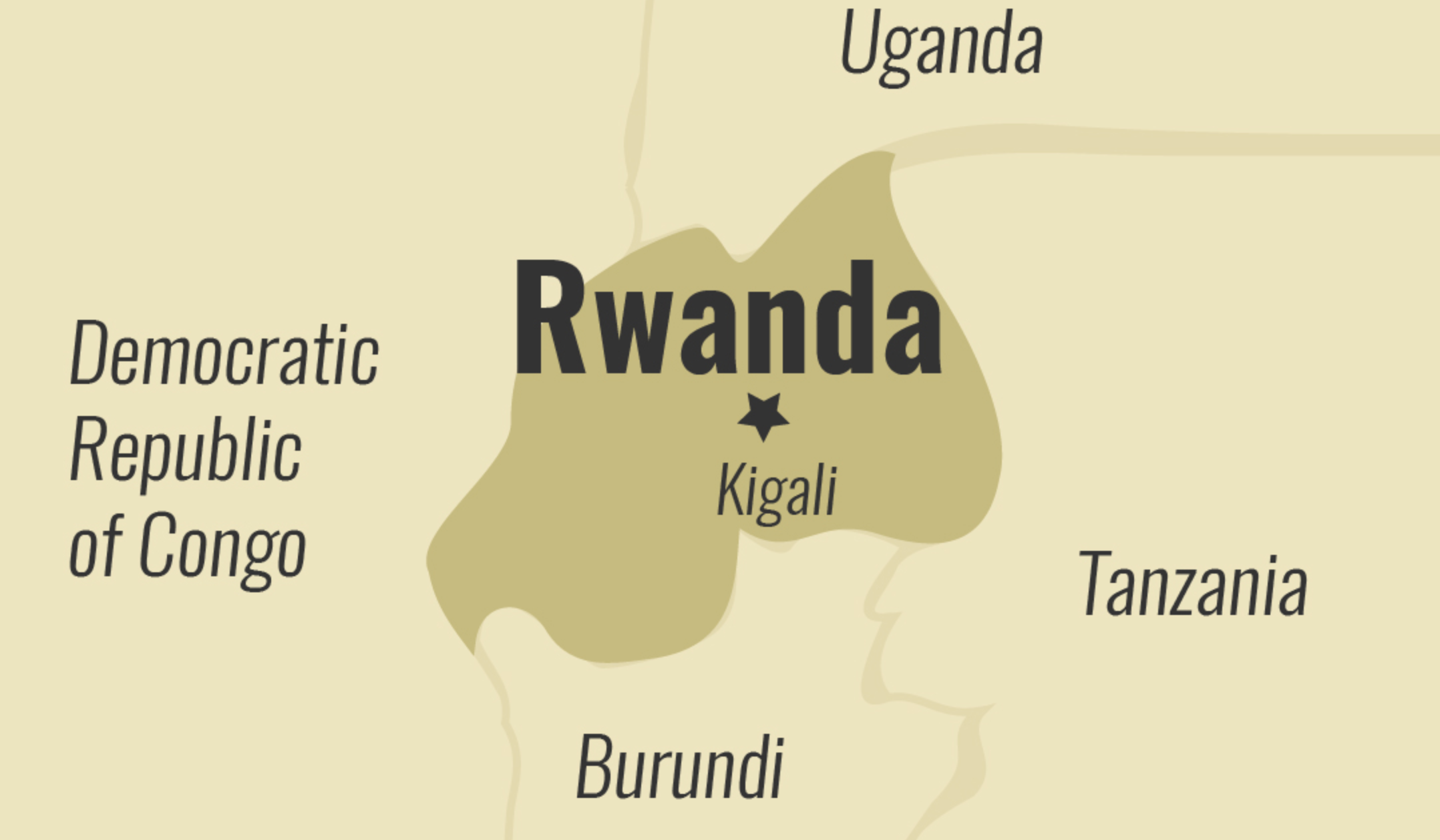
Rwanda tackles malnutrition with food safety, quality improvement campaign
Rwanda launched an awareness campaign to improve the quality of locally produced food products.
Running from March 24 to March 28, the nationwide initiative seeks to enhance food safety standards and combat malnutrition, particularly among vulnerable populations.
Emmanuel Gatera, manager of the National Standards Division at the Rwanda Standards Board, says ensuring compliance with safety standards is critical.
“People need to consume products that meet safety and quality requirements,” he said.
According to Gatera, through government-led quality enhancement programs, fish processors receive support and training to meet regulatory standards, ensuring food safety for all consumers.
Amza Kagombe, project manager of Peche Project Cyangugu, a fish-processing company in Rusizi District, highlighted the strides made in fish processing to enhance nutrition.
“We produce dried sardines using modern technology and make sardine fish powder to promote healthy eating, especially for children. These products are easy to transport and maintain quality without producing an unpleasant odor,” he said.
However, Kagombe emphasized the need for improved fish collection, handling, and transportation to ensure food safety.
The introduction of quality standards has already transformed the local fish trade.
Hadidja Nyirasafari, a fish and tilapia trader in Rusizi, recalled how purchasing from informal markets previously meant compromising on quality.
“With the equipment provided by the Peche Project Cyangugu, we now have access to high-quality fish and sardines,” she said.
Nyirasafari said that modern equipment, such as cooling rooms and advanced processing machines, has not only improved product quality but also boosted prices, benefiting both traders and consumers.
Beyond regulation, nutrition education is a key pillar in Rwanda’s fight against malnutrition.
Nathan Kabanguka, a representative from the Nutrition Department at the National Child Development Agency, stressed the importance of consuming more fish as a source of animal-based protein.
“People living around Lake Kivu should eat more fish,” he said. “This will improve nutrition, particularly for children. Scaling up fish powder production and improving fish farming will enhance nutrition while reducing dependency on imported nutrients.”
He called for greater collaboration among government institutions, farmers, and fish processors to expand sustainable food production.
By embracing safety standards and nutrition education, Rwanda aims to build a healthier future, ensuring that all children have access to the nutrients they need to grow and thrive, Kabanguka said.
Rwanda’s efforts against malnutrition have shown progress, but challenges remain.
According to a 2020 Demographic and Health Survey, the stunting rate among children under five stood at 33 percent, down from 38 percent in previous years.
A new survey is underway, and Kabanguka hopes it will reflect further reductions in malnutrition rates.






